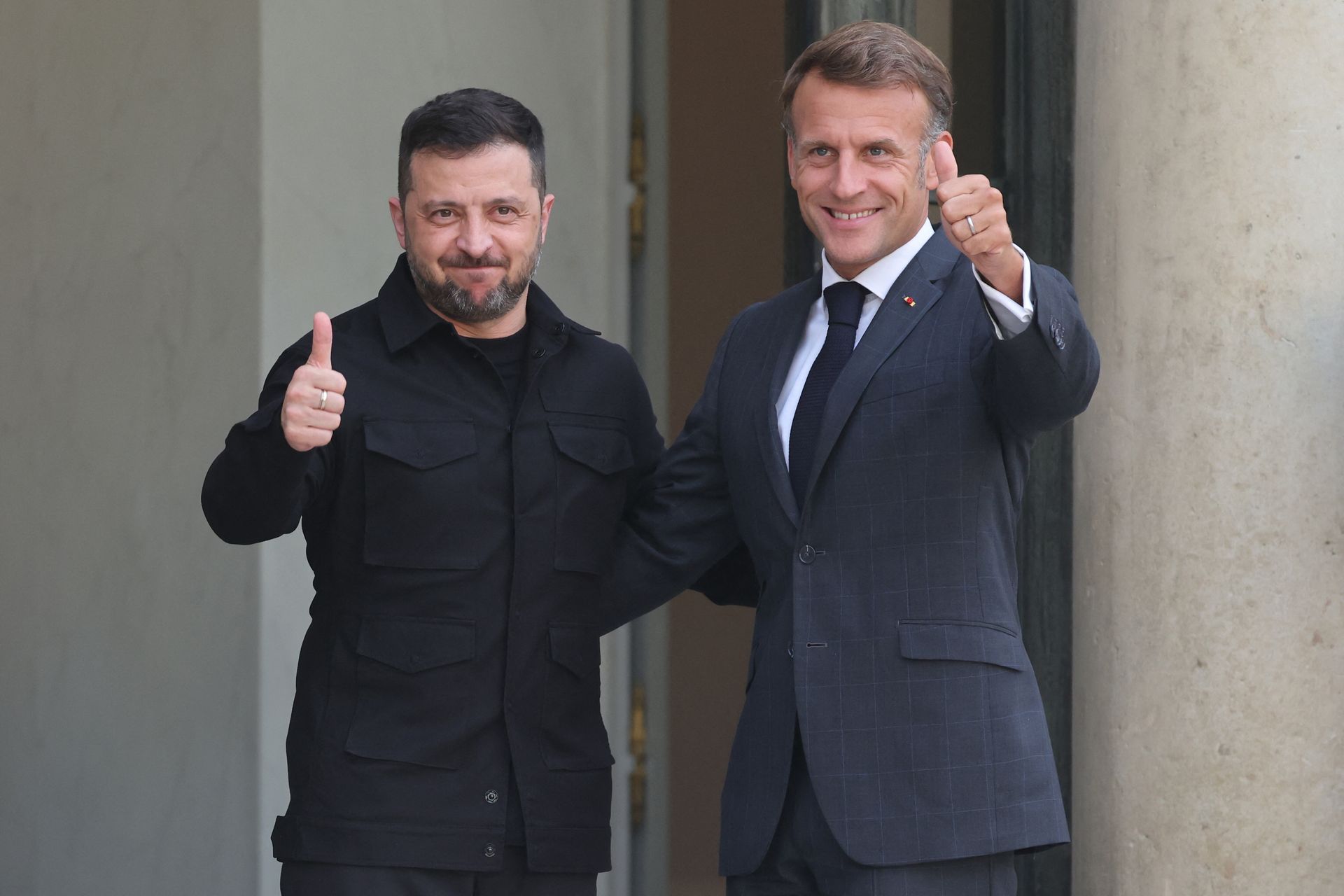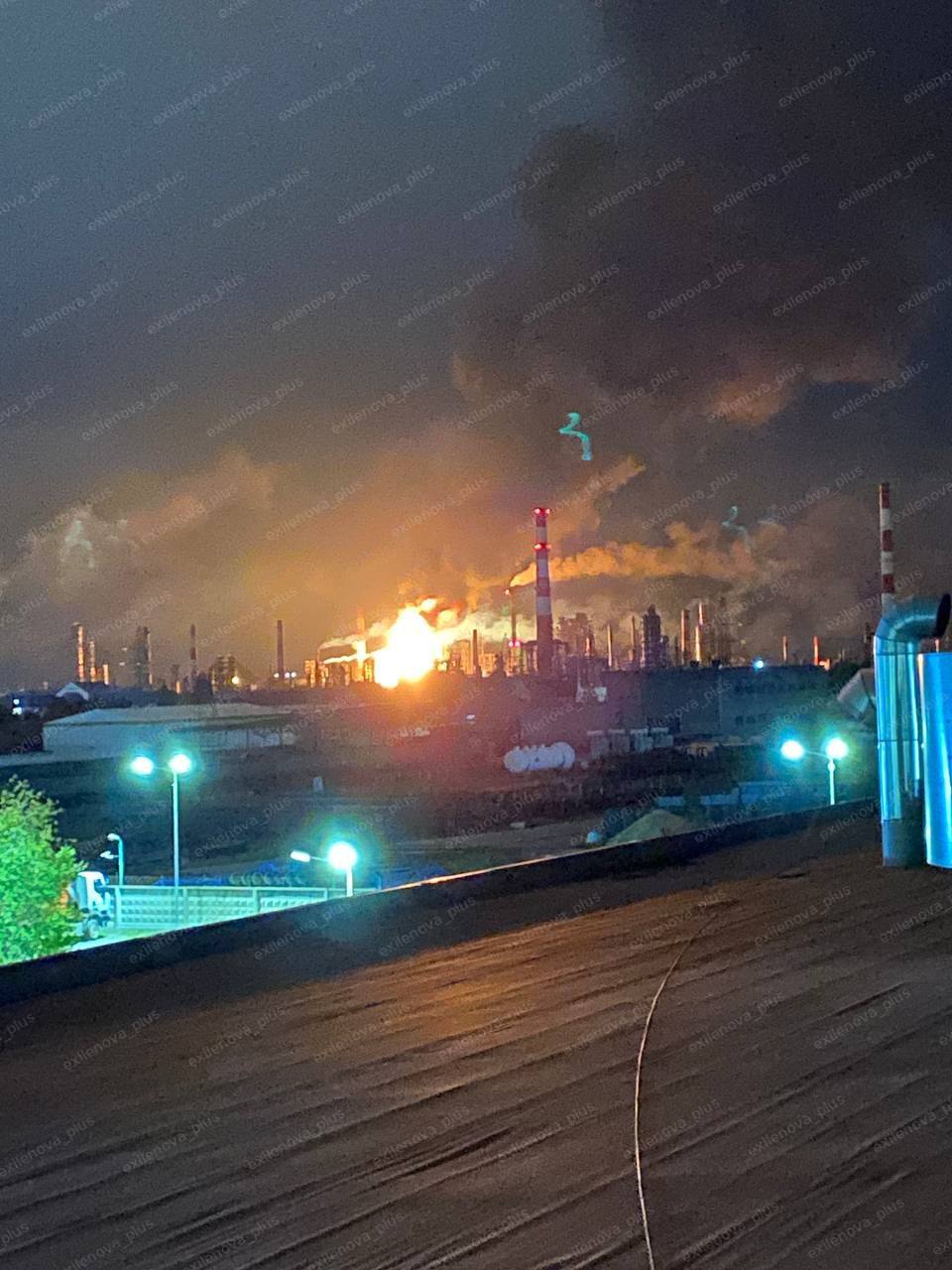Foreign troops in Ukraine would be 'legitimate targets for destruction' by Russia, Putin warns

Foreign troops on Ukrainian soil would be considered "legitimate targets for destruction," and their deployment would be unnecessary if a peace deal is reached, Russian President Vladimir Putin said on Sept. 5 at the Eastern Economic Forum.
His remarks come as Europe intensifies talks on security guarantees for Kyiv in case of a ceasefire or peace deal, with proposals to send foreign troops to prevent another possible Russian invasion.
"If any troops appear there, especially now, during the fighting, we assume that they will be legitimate targets for destruction," Putin said. "And if decisions are reached that will lead to peace, to long-term peace, then I simply see no point in their presence on Ukrainian territory."
Kremlin spokesperson Dmitry Peskov echoed this stance, saying foreign contingents could not provide Kyiv with security guarantees.
"Can Ukraine's security guarantees be ensured and provided by foreign, especially European and American, military contingents? Definitely not, they cannot," Peskov said in Vladivostok.
"You cannot guarantee the security of one country by undermining the security of another. We would recognize it as a threat to ourselves — the presence of international forces, or any foreign forces, or NATO forces on Ukrainian soil, near our border."
Putin's warning misrepresents the proposals under discussion.
European leaders have not suggested sending combat troops into Ukraine during ongoing hostilities, but rather deploying international peacekeepers only after a possible ceasefire.
Such forces would not be engaged in fighting but tasked with monitoring and maintaining peace, and under international law, they cannot be considered "legitimate" military targets.
The comments followed the Sept. 4 Paris summit of the so-called "Coalition of the Willing," where President Volodymyr Zelensky and European leaders discussed a possible security framework.
French President Emmanuel Macron said after the meeting that 26 countries are ready to send troops or contribute other support as part of the guarantees.
The European-led coalition has proposed deploying a multinational reassurance force alongside commitments of weapons, logistics, and training.
Macron stressed the guarantees would not amount to NATO membership but rely on a strong Ukrainian military backed by more than 30 partners.
The Paris meeting followed White House talks on Aug. 18, when European leaders pressed U.S. President Donald Trump to join the effort. Trump later said Washington could provide air support but ruled out deploying U.S. ground troops.
Ukraine has called for binding security guarantees in any peace deal, warning that without them Moscow could regroup and attack again.













